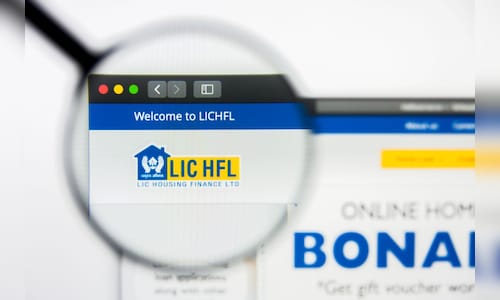Sanofi's $20 Billion US Investment Sparks Controversy: French Minister Expresses Disappointment

Paris, France – France’s Finance Minister Bruno Le Maire has voiced concerns over Sanofi's recent announcement of a substantial $20 billion investment plan focused on the United States through 2030. The move, revealed on Thursday, has ignited a debate about the flow of investment capital and France's efforts to retain and attract businesses within its borders.
Sanofi, a leading global pharmaceutical company headquartered in France, outlined its ambitious plan to bolster its US operations, citing a desire to capitalize on the burgeoning biotechnology sector and access a skilled workforce. The investment will be channeled into research and development, manufacturing facilities, and potential acquisitions within the US market.
However, the decision has drawn criticism from the French government, which has been actively pursuing policies to encourage domestic investment and reduce reliance on foreign markets. Minister Le Maire expressed his disappointment, emphasizing the potential loss of jobs and economic opportunities for France. He stated that while he respects Sanofi’s business decisions, he believes the company should prioritize investments within France, particularly given the government’s support for the pharmaceutical industry.
“We want to attract companies to France, not see them leave,” Le Maire commented, highlighting the government’s ongoing efforts to create a more favorable investment climate. These initiatives include tax incentives, streamlined regulations, and investments in infrastructure and education.
Why the US Focus?
Sanofi’s rationale for prioritizing the US market centers on several key factors. The US boasts a robust and innovative biotechnology landscape, attracting significant venture capital funding and fostering a culture of entrepreneurialism. Furthermore, the US offers a deep pool of highly skilled scientific and technical talent, crucial for Sanofi’s research and development efforts.
“The United States remains a critical market for Sanofi, offering unparalleled opportunities for growth and innovation,” explained a Sanofi spokesperson. “This investment reflects our commitment to delivering transformative medicines and vaccines to patients worldwide, and we believe the US provides the ideal environment to achieve this goal.”
Implications for France's Economy
Sanofi's decision raises broader questions about France’s competitiveness in attracting foreign investment. While France has made strides in recent years to improve its business environment, challenges remain, including complex regulations and a relatively high tax burden. The government is now facing increased pressure to address these concerns and create a more attractive proposition for companies considering investments within the country.
The controversy also underscores the delicate balance between supporting national interests and allowing companies to pursue their own strategic objectives. While the French government desires to retain and attract investment, it must also recognize the importance of allowing businesses to operate freely and respond to market forces.
The situation is being closely watched by other European nations, who are also grappling with the challenges of attracting and retaining investment in a globalized economy. Sanofi’s case serves as a reminder of the complexities involved and the need for governments to create a supportive and competitive environment for businesses to thrive.




